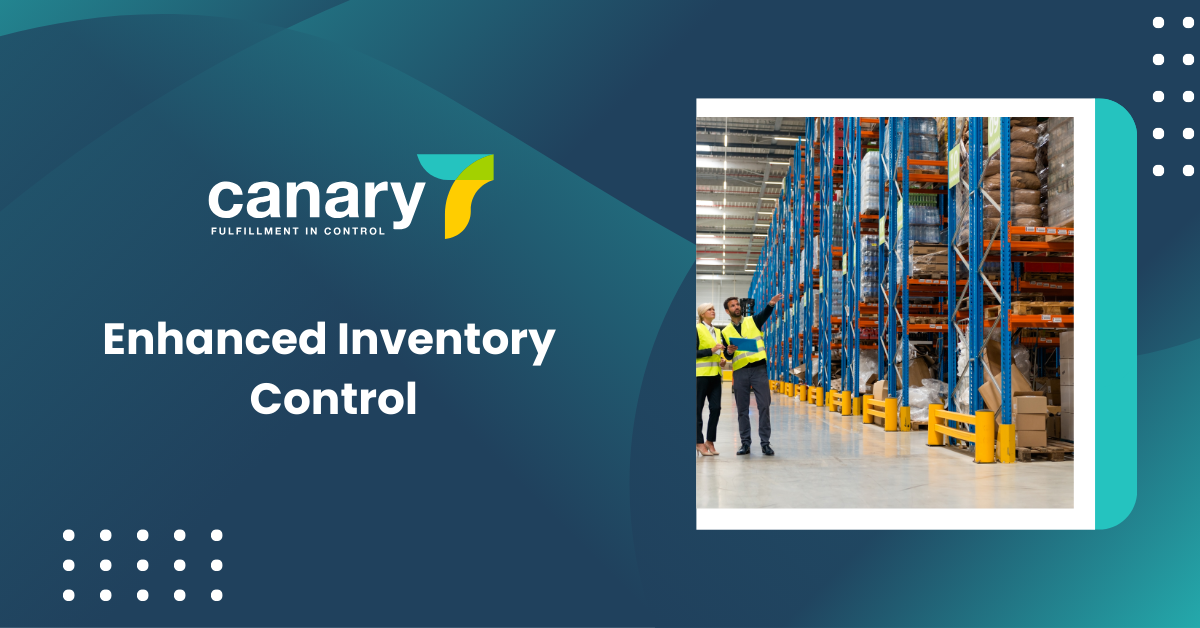Cloud-based solutions are transforming logistics by offering scalable, cost-effective, and secure data management. Canary7’s cloud-integrated WMS enables seamless access to information, fostering collaboration and reducing hardware dependency. This technology empowers businesses to operate with greater agility and resilience, allowing for remote access and real-time updates that enhance decision-making processes.
● Data-Driven Decision Making
Data is becoming the lifeblood of modern logistics. Canary7 leverages advanced analytics to provide valuable insights into operational performance, identify areas for improvement, and optimize decision-making. By utilizing data effectively, businesses can enhance their strategic planning and operational efficiency, leading to better resource allocation and improved service delivery.
● Sustainability
Sustainability is increasingly important to consumers and businesses alike. As environmental concerns grow, logistics companies are seeking ways to minimize their carbon footprint. Canary7 can help optimize routes, reduce fuel consumption, and minimize waste, contributing to a more sustainable supply chain. By adopting eco-friendly practices, businesses not only meet regulatory requirements but also enhance their brand reputation and customer loyalty.
Upgrade Your Business with Canary7 WMS
The future of logistics is characterized by rapid technological advancements and evolving customer expectations. To stay ahead, businesses must embrace innovative solutions like Canary7 WMS. By implementing Canary7, you can:
● Gain a competitive edge by improving efficiency, reducing costs, and enhancing customer satisfaction.
● Optimize your warehouse operations and streamline your supply chain.
● Make data-driven decisions to drive continuous improvement.
● Prepare your business for the future by embracing emerging technologies and adapting to changing market dynamics.
In an era defined by rapid technological change, embracing innovative solutions like Canary7 WMS is essential for long-term success. With features designed to enhance visibility, optimize workflows, and future-proof your operations, Canary7 is your ultimate partner in navigating the evolving logistics landscape.
Wrap up:
As we look toward the future of logistics, it is clear that technology will continue to play a pivotal role in shaping the industry. The adoption of advanced Warehouse Management Systems like Canary7 is not just a trend; it is a strategic imperative for businesses aiming to thrive in a competitive environment. By harnessing the power of Canary7 WMS, companies can enhance their operational efficiency, improve customer satisfaction, and position themselves for sustainable growth in the years to come.
Take the leap into the future of logistics today with Canary7 WMS. Transform your operations, outpace competitors, and drive your business to new heights. Contact Canary7 today to schedule a free demo and discover how our WMS can revolutionize your logistics operations.





